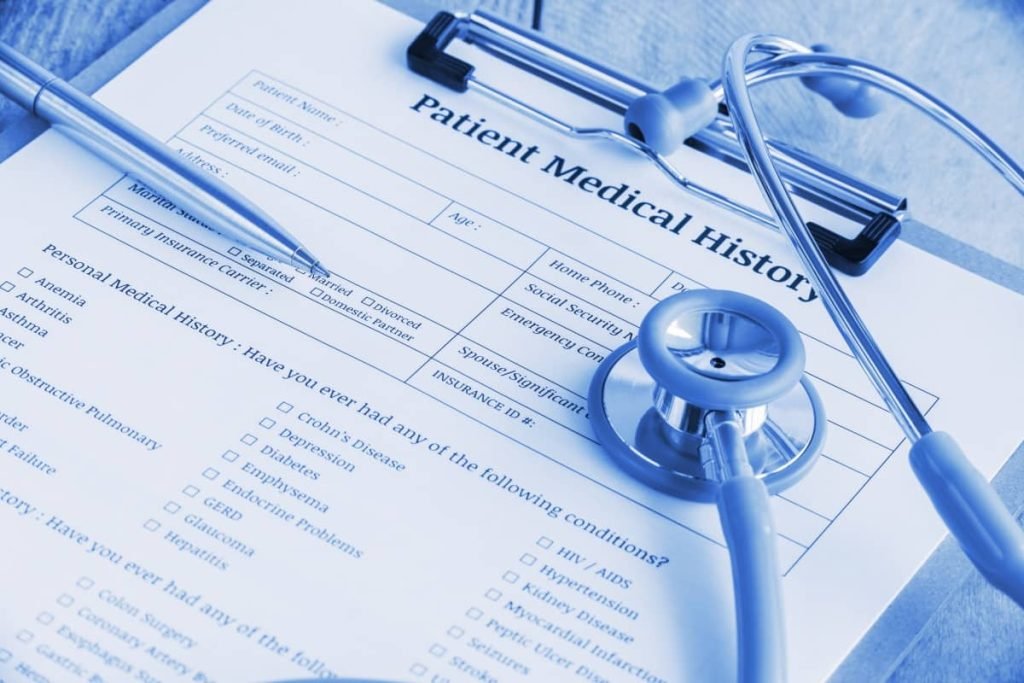
An advanced health assessment is a comprehensive evaluation of a patient’s health, including physical, emotional, and social well-being. It is an important component of healthcare as it provides healthcare providers with a detailed understanding of a patient’s overall health and can help identify any potential health problems that may require attention.
Performing an advanced health assessment requires a thorough understanding of the patient’s medical history, current health status, and lifestyle factors. In this article, we will provide a comprehensive guide on how to perform an advanced health assessment, including the key components, assessment techniques, and documentation.
Key Components of an Advanced Health Assessment
The key components of an advanced health assessment include:
- Medical History: This includes a detailed review of the patient’s past medical history, including any chronic illnesses, surgeries, hospitalizations, and medication use. A family history should also be obtained to identify any genetic predispositions to specific diseases.
- Physical Examination: A comprehensive physical examination should be performed, including a head-to-toe assessment of all body systems. This should include an assessment of vital signs, skin, eyes, ears, nose, throat, heart, lungs, abdomen, musculoskeletal system, and neurological system.
- Review of Systems: A review of systems should be conducted to evaluate the patient’s current health status and identify any symptoms or complaints. This should include an assessment of all body systems, including the integumentary, cardiovascular, respiratory, gastrointestinal, genitourinary, musculoskeletal, neurological, and endocrine systems.
- Diagnostic Testing: Diagnostic testing may be ordered to evaluate specific health concerns identified during the assessment. This may include blood tests, imaging studies, or other diagnostic tests.
Assessment Techniques
- Medical History: The medical history should be obtained by asking the patient a series of open-ended questions. This may include questions about past medical history, family history, current medications, allergies, and lifestyle factors.
- Physical Examination: A comprehensive physical examination should be performed using a systematic approach. The examination should start with the patient’s head and progress down to the toes, assessing each body system as it is examined.
- Review of Systems: The review of systems should be conducted by asking the patient a series of questions about any current symptoms or complaints. This may include questions about pain, fatigue, changes in appetite, and sleep disturbances.
- Diagnostic Testing: Diagnostic testing may be ordered based on the patient’s medical history, physical examination, and review of systems. This may include blood tests, imaging studies, or other diagnostic tests.
Documentation
Documentation is an important component of the advanced health assessment process. All findings from the assessment should be documented in the patient’s medical record. The documentation should be comprehensive and include the following:
- Medical History: The patient’s medical history should be documented, including any chronic illnesses, surgeries, hospitalizations, and medication use. A family history should also be included.
- Physical Examination: The findings from the physical examination should be documented, including vital signs, skin, eyes, ears, nose, throat, heart, lungs, abdomen, musculoskeletal system, and neurological system.
- Review of Systems: The findings from the review of systems should be documented, including any symptoms or complaints identified during the assessment.
- Diagnostic Testing: The results of any diagnostic testing should be documented in the patient’s medical record.
Conclusion
Performing an advanced health assessment is an essential component of healthcare. It provides healthcare providers with a comprehensive understanding of a patient’s overall health and can help identify any potential health problems that may require attention. An advanced health assessment requires a thorough understanding of the patient’s medical history, current health status, and lifestyle factors.
Find online help in writing essays, research papers, term papers, reports, movie reviews, annotated bibliographies, speeches/presentations, projects, presentations, dissertation services, theses, research proposals, essay editing, proofreading, Book reviews, article reviews, formatting, personal statements, admission essays, scholarship essays, application papers, among others.


 WRITE MY ESSAY NOW!
WRITE MY ESSAY NOW!